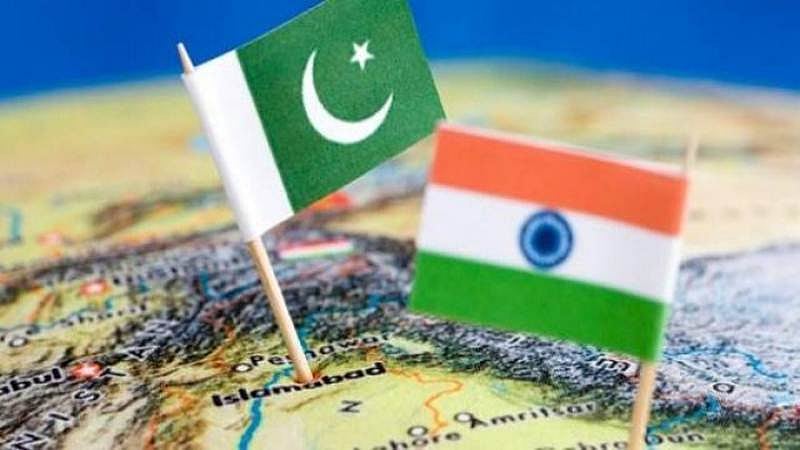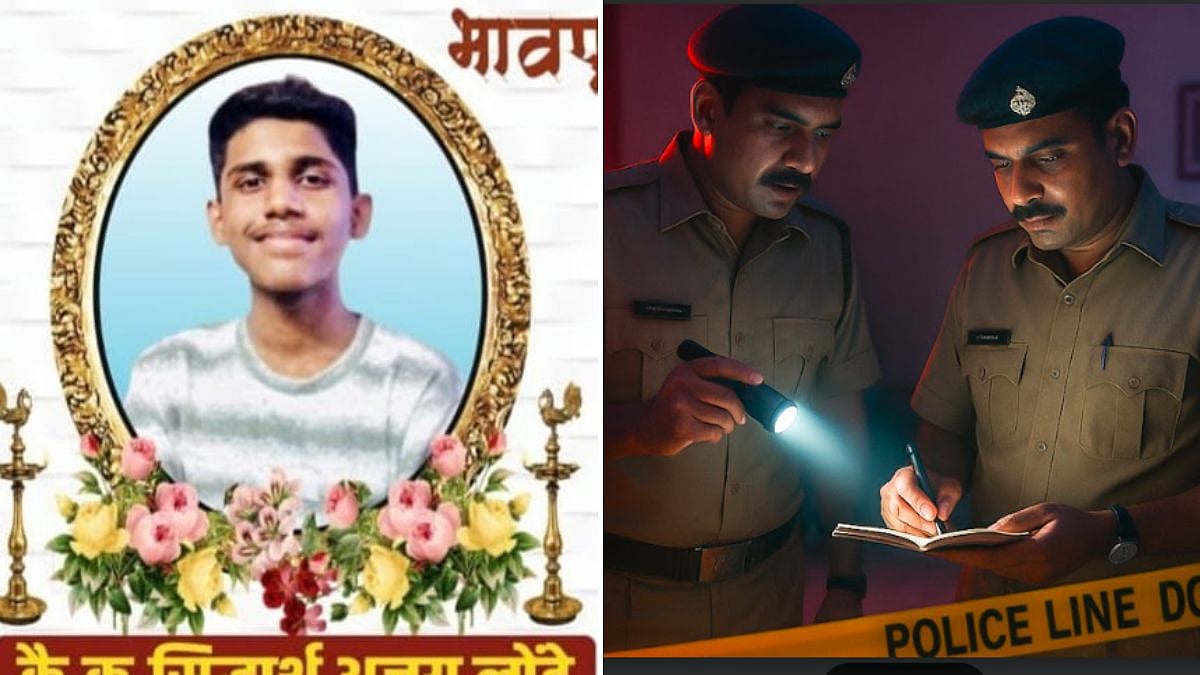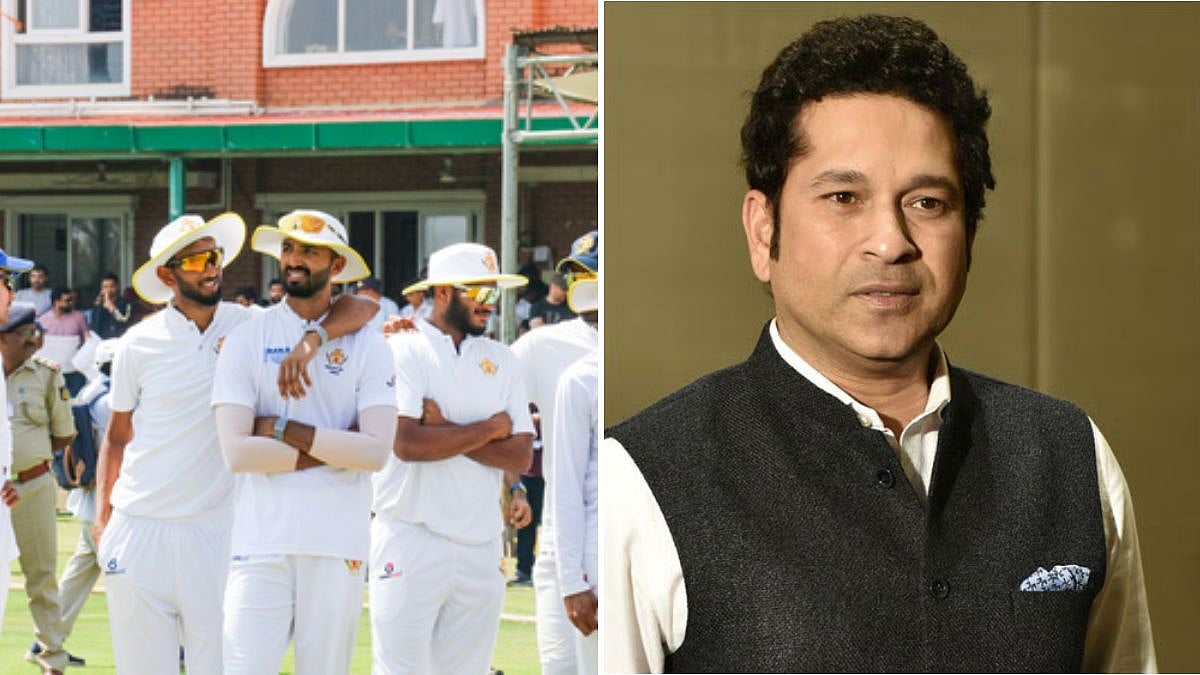An extremely hawkish defence policy is shaping up against Pakistan in our TV studios. Or at least a false national narrative is being constructed, the essence of which is that the doctrine of strategic restraint has lost all relevance. The troubling aspect is that BJP spokespersons are part of this orchestrated half ‘battle cry.’
So, on our TV channels, in the sitting rooms of millions, a new defence paradigm is unravelling under which India will not be inclined to keep the border hostilities confined to minor incisions. Rather, deeper, more incisive forays will be made, unmindful of the strategic response it may trigger.
That there is an inherent risk in such a matrix of ‘controlled’ hostilities escalating into a conventional war is another matter. That both India and Pakistan are ‘stuck’ with the strategic doctrine, which has kept conventional war at bay since 1971, is also another matter. That the new ‘defence doctrine’ does not factor in the nuclear parity also matters little to the talking heads in TV studios. Because for the Modi government the more compelling need is to send a political message to the nation that we are indeed taking on Pakistan and that the surgical strike was not a flash in the pan.
The thrust of the entire narrative is political – that the previous regimes had taken refuge in ‘strategic restraint’ to gloss over their own inertia; two, this has been a recurring problem with all the previous regimes, with matters getting out of hand under the likes of I K Gujral and Manmohan Singh, who seemed to suffer from a Pak fetish.
The lack of grit is also given a historical dimension and it is drummed into us that we as a people always reconcile with the ‘enemy’ sooner or later; and that the ‘enemy’ is emboldened by the fact that there are some secular-liberals among us who have roots in the neighbouring country.
We are also told time and again that there is no difference between the civilian and defence establishment in Pakistan, and that there is no question of durable people to people contact and so on and so forth. Aman ki Asha is all bunkum.
All this seems to provoke some of us at the base level, especially when it is suggested that the repeated terror attacks and the recent beheadings have hurt our national self-esteem. But this carefully nurtured sense of ‘suffering’ at the hands of Pakistan seems to cater to the RSS more than the BJP; the saffron mentor essentially wants to build this false national narrative, so that the BJP has no qualms about taking on Pakistan, in a conventional war, if need be.
The BJP government may, however, look at a short and snappy war – a logistic impossibility—as a needless distraction and the imponderables of which cannot be factored into any decision.
As it is, the first two years were lost to rhetoric and the third to grandstanding. Now the government must deliver and cannot afford to squander the fourth year to war; the fifth will be lost to populism, in any case.
But RSS looks beyond five years and its own template is sometimes not aligned with the myopic tunnel vision of the BJP. At another mundane plane, too, the RSS is not just content with telling us what to eat, which animal to worship, and what to study in school. It also wants to have a say in our foreign and defence policy. Vajpayee had kept them at bay but this time they don’t want to miss the bus. The strategic restraint is an unfinished business of the Vajpayee era that has to be given a decent send-off.
Islamabad’s duplicity on the issue of terrorism needs no repetition in TV studios; but when these allegations are played out ad nauseam it prevents us from evolving a political strategy in Kashmir. That is the real danger of doing the death dance in TV studios. Also, it scuttles whatever modicum hope some of us may nurse of a sensible opinion coalescing within Pakistan against the use of terror.
To add to our misery, Pakistan is unsure of its impulses and there is a clear political and military dichotomy. So, given that Pakistan cannot be handled on both the trajectories, India will have to be extremely imaginative in how it addresses the terror threat from across the LOC.
Because we do not see Islamabad stopping its export of terror in the foreseeable future, our inability to respond effectively is all the more glaring. Nor can we keep waiting for Pakistan to resolve its existential dilemma over loss of Kashmir and dismemberment of Bangladesh. In fact, the buzz in defence think tanks is India should not be too worried about destabilising Pakistan either.
But before India can embark on any military adventure it must extinguish the jihadi threat in Kashmir or at least take action on the ground so that the civil dissonance ends. Does the government have any such strategy to address the problem of religious absolutism or the readiness of the youth to self destruct?
The author is a former editor of The Free Press Journal




